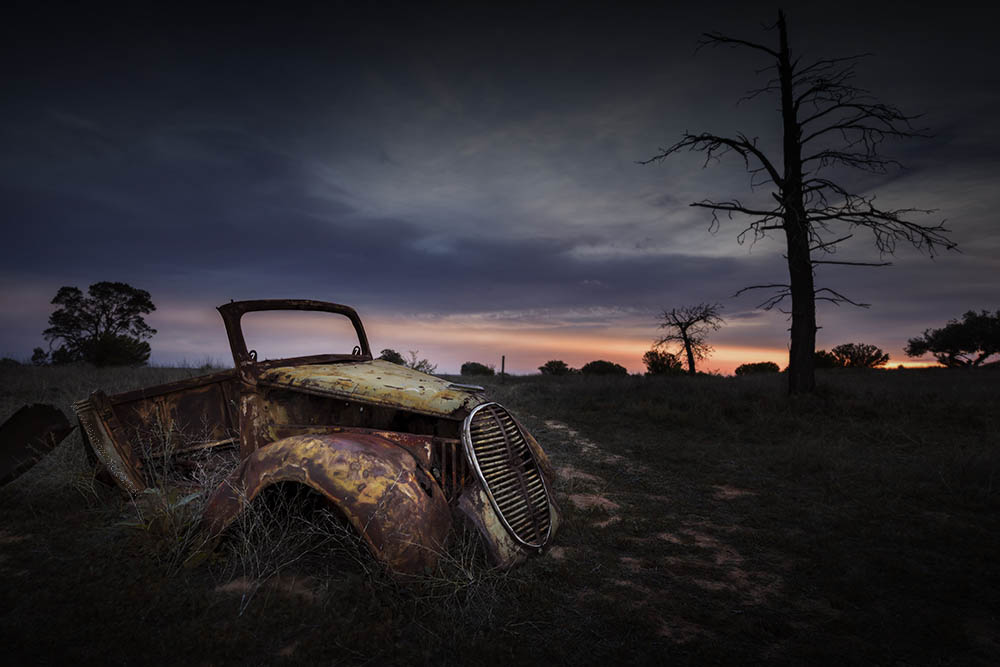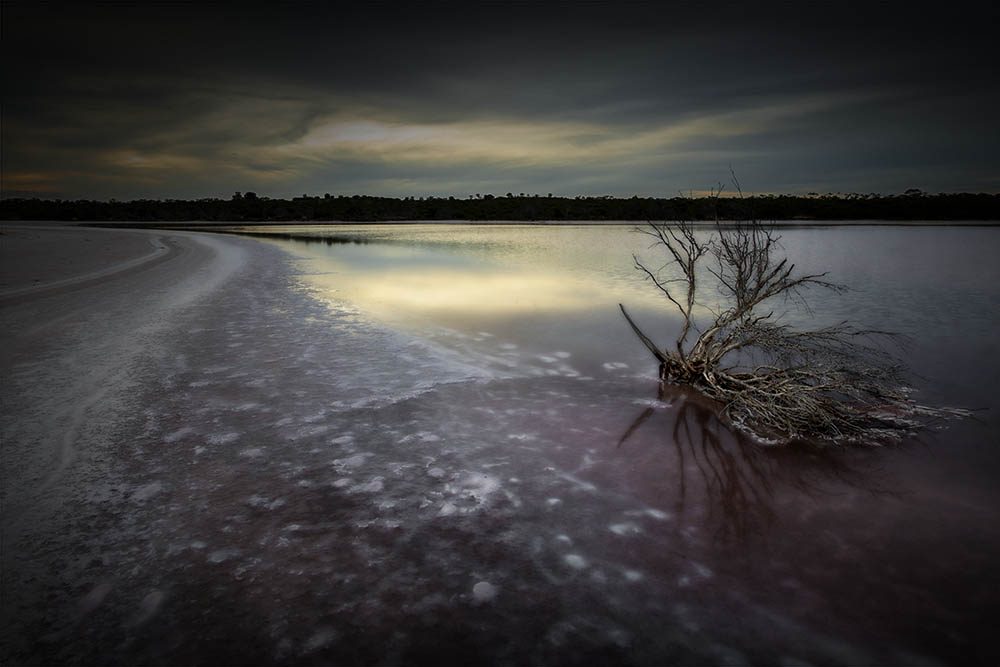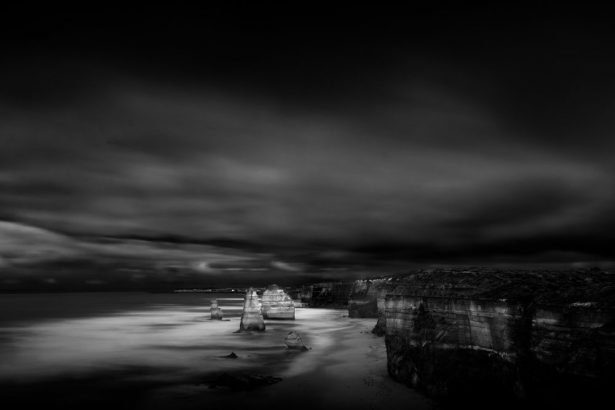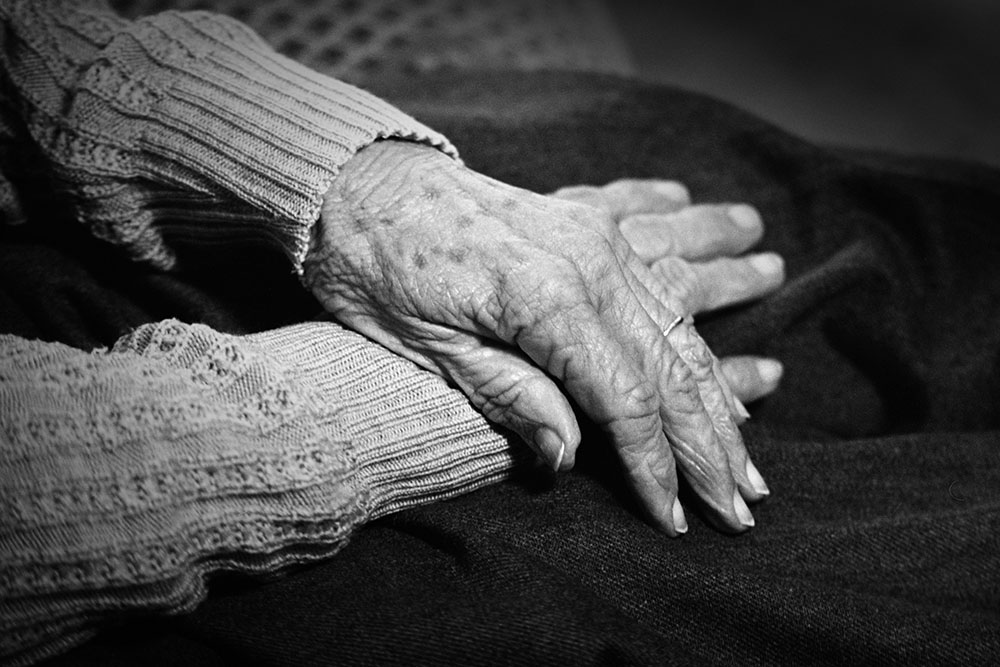When I was away I got to thinking about do photographers have responsibilities to the world around them. Do we think about where we take photos and if there are repercussions to it?
Do photographers have responsibilities?
On the weekend I went out with a couple of friends to some places in the Mallee. When I asked if I should let people know where the photos were taken, I was told no. They didn’t want people to know about it. I also didn’t want to be responsible for letting people know where to go.
This raises an issue that I’ve heard people talking about and one I’ve experienced myself. It isn’t a new subject for me. If I’m honest it is also a subject I’m really passionate about.
In our search for the most amazing photographs do we think about the effect our presence will have on those people who live in those areas? Many people think that we are doing them a favour. We are bringing money into the area, but do they feel the same way? I’m starting to think they don’t.
On the weekend I was flat out told NO, they don’t want people going there.
It seems that in many instances they don’t really bring that much money, not enough to make up for what they do to the areas. The inconveniences they cause.
They rarely care about the areas that much and do what they want without any regard to what the long term effects will be. I’ve seen in some areas where they drive onto salt lakes, even though there are signs not to leave the tracks. They make it hard for others to take photos of a pristine area because they have destroyed it.
Photographers who climb over fences into sensitive nature reserves because they don’t think it will matter. They don’t care what they stand on or wreck by doing it. The only thing that matters is getting that shot that no one else has, or, in some cases, everyone has.
The way the locals see it
I’m told they are sick of people going where ever they want without any thoughts to it being private property or what they are destroying. The other consequence is the amount of rubbish that is left behind them. It seems the campaign that ran during the 70’s to Keep Australia Beautiful is no longer relevant. My mum was telling me how when she goes out walking you can see people have purchased drinks in the local shop, then a few hundred feet away, they have finished them and thrown out the rubbish to the road.
While these travellers bring in some income, how much does it cost the community to clean up after them? There is little to no respect.
Keeping places to ourselves
So I am going to become one of those photographers. I’m not going to let people know where places are. If I can protect them I will. People in the Mallee tell me about places because they know I will do what I can to respect and protect them.
That isn’t saying that I haven’t jumped fences, but when I do it, I tend to do it where no one can see and the area isn’t really important. Though, I try very hard not to do it. When I do it, I don’t let people know that is what I did.
So do you think photographers have responsibilities to protect the environment?
Gallery
This gallery shows some photos of areas I’ve never told people where they were. The old car has now been destroyed, assumably by people visiting.











So … I guess the moral of the story is that since I was not “first” to visit a place, I will now never be able to visit that place because others have done damage and my presence is unwanted? If that is what’s being said here, then I might as well shred my travel bucket list and sit at home on my computer watching the photos others have already taken. Bali? Nope. Thailand? Nope. New Zealand? Nope.
No, I don’t think that is the moral of the story. We are talking about sharing where the place is. YOu don’t have to advertise it. If you are going to a place and being respectful of it, no one is going to mind. What a lot of these places don’t want is what we are seeing in other parts of the word. People going to the Wanaka tree, climbing it and breaking it. Or beaches in Asia that are now closed because people leave their rubbish behind. Then if you find a place that no one knows about, then don’t tell everyone about it on social media.
This post is about respect, and doing it responsibly. YOu will find that no one minds you going to places and taking photos, if they can’t tell you were there after you leave.
Yes, I definitely think photographers have a responsibility to protect the environment and local culture.
I’m so glad to hear that Deb, thank you for letting us know.
Absolutely photographers have a responsibility! To respect, to protect and to conserve. I am very conscious of this particularly as we spend time at the Great Barrier Reef. We have a responsibility to « travel » lightly and to inform others through our photography. People care if they are aware of both the beauty and the threats to it. And yes there are times when we discover a place and purposely don’t talk about where it is so it remains unspoilt. It feels a bit selfish, but if it means it will remain pristine for a while longer, so be it!
I know that selfish feeling, but like you said, sometimes it is necessary to protect the places. I mean of course many places people will find out about anyway, but you don’t have to add to it. It makes me so angry when I got to places and see rubbish, or people driving their 4WDs where they shouldn’t. Swimming where they shouldn’t. It is like if no one is there to make sure they obey the rules, then they can do what they like. It makes me so mad. Thanks Chris for adding your thoughts on this.
We certainly do have responsibilities to care and protect the environment around us – and more. Some time back a friend took me to a rookery in an out of the way area of a public park. Lots of birds, nests, and newborns. I had a ball. I waited months before sharing any of those photos lest the area would become overrun with visitors while nesting season was in progress. When we publish our work we also publicize and often that can bring harm. We must respect our subjects and their safety. We must respect the areas, the neighbors and their concerns.
We really do Ludwig, social media has been great, but it also comes with the problems of letting everyone know about places, especially if you have a big following. I’m so glad you did that, waited before publishing your photos, it shows a great amount of responsibility. Thank you for adding to the discussion Ludwig.
Ooooooo! I can relate to this. Was just in Rocky Mountain National Park and there were many signs stating don’t approach the animals or walk on the delicate ecosystem; stay on the path. And while I did my utmost to obey the rules there were a few times when I went temporarily insane and got too close or walked where I probably shouldn’t have. I’m glad no animal took umbrage and I snapped back to my senses and was happy I had a 400mm lens! If we hurt something or ourselves in order to get a photo then we have done more harm than any great photo is worth.
That is so true, it is worth it to follow the rules. The other problem is that if we don’t, as we disobey the rules more and more we run the risk of not being allowed to go to those places at all. Thanks for that, good to hear your thoughts.
As photographers, we need to always be respectful of property. We shoot from the road side, we honor boundaries, ask if we can take someone’s photo (unless truly candid) and take our trash out. There are plenty of programs here that allow photographers and artists entry into farms, etc. When asked, most people are happy to share their property for a shoot. I do think it’s safe to let like minded photographers know where you shoot.
Boundaries is an important point and something we really need to think about. The rubbish is the real problem for many places, what they leave behind. I think the thing I was more worried about is advertising and saying where places are on social media. I tell friends, but I wouldn’t put it up on there. Thanks Anne for your thoughts on this.
I like to go to California to be a photographer
California has some great places to photograph.
What is your favorite Disney store
Umm, none, I’ve never been to one.
It’s not just that we have a responsibility, it’s the impact Instagram fame is causing to our surrounding environment. There are so many places being visited because they are on a popular bloggers top 10 instagramable places. Then you have the associated responsibility of representation – are we creating a fair view of the place or are we beautifying it beyond what is truely there? Do we deem the areas surrounding the place we photograph less than photographable by ignoring them? There is a huge grey area of moral issues associated with photography and current accepted definition of photography.
That is exactly what I was thinking about. You share a photo on Instagram and then everyone wants to go there. I have to agree, it is a very grey areas and one that we all need to think about more. Thank you for adding your thoughts to the discussion Ed.
No worries, I ponder on these things often, would you mind if I did an inspired follow up piece on your thoughts for my blog?
No problem at all Ed, it is good to spread the word. Let me know when you do it.
A topic that I have had to deal with in my shooting of abandoned locations (Urbex) – In my case, I try to determine who I am talking with – and what kind of integrity they have? Have I been out with them before and have I seen them shooting?
I use a form of personal vetting. So, no, I do not have a blanket policy about divulging locations, it completely depends upon the person who asks.
That is a good thing to do Robert. I am a bit the same, very careful about who I talk to about locations.
It sounds like you are doing a good job with it all, I like it. Thank you for sharing this.
Ethics for photographers are the same for birders. Tread lightly, show respect, and make no disturbance.
Exactly Sherry, I couldn’t agree more, thank you for your contribution.
Thanks for this, Leanne. To answere your question, yes, we should be held accountable for our action and behaviour . But this is not restricted to photgraphers. It applies to everyone. In the UK, there is a public right of passage in most of the countryside. In Canada, much (but not all) of the open land is known as Crown Land and not restricted to public passage. But, that doesn’t mean that the public is free to trash the wilderness. The rule of thumb is obey posted signs, and be careful where you tread. Remember, if you can take it in full, you can take it out empty.
I’m so glad you agree Don. I think the same, it should be for everyone. You have added some great advice, and I couldn’t agree more. I love that last part, so very true. Thank you for this Don.
My theory is leave nothing but footprints and take nothing but hopefully great shots..And…to observe and go by the rules,i think you’ve also got to accept that its your own responsibility to know the rules of an area if planning to shoot there..just my 2 cents😊😊😊
I have the same theory Josh, I believe following the rules is very important. I like your 2 cents and thank you for sharing them with us.
I feel the same way. I won’t tell people where many places I photograph are located. I live in a national park, and I see it overrun in many sensitive areas around that are over photographed. I am very selective as to whom I tell where some places are to protect them from being overrun.
It is a huge responsibility. I don’t want to be responsible for letting people know about a place and then it be destroyed because I mentioned it. I’m with you, I see so many photographers who just don’t care, as long as they get the shot. Thanks for contributing to the discussion Kelly.
I do think that photographers have a responsibility. Look at the crowds at Lake Wanaka now that you have just experienced and the Church of the Good Shepherd in Tekapo has to be fenced now because of sightseers which is because of photographs and it is a parish church. Mt Roy in Wanaka has a queue at the summit of people wanting to take a photo. It just spoils it all. We need some tourists but not Hordes of them and the rubbish. Please don’t tell where the photos are taken.
Oh yes, the crowds on those places are incredible. I have to agree, I was so surprised at the numbers of people there. I guess I just don’t really see it here, well, except for places like the 12 Apostles, but there is a lot of room there. Oh yes, the rubbish that is left behind is the worse part really. I just don’t understand how people can claim to love places, but leave their crap behind. I won’t tell you Cushla, and thank you for your thoughts on this.